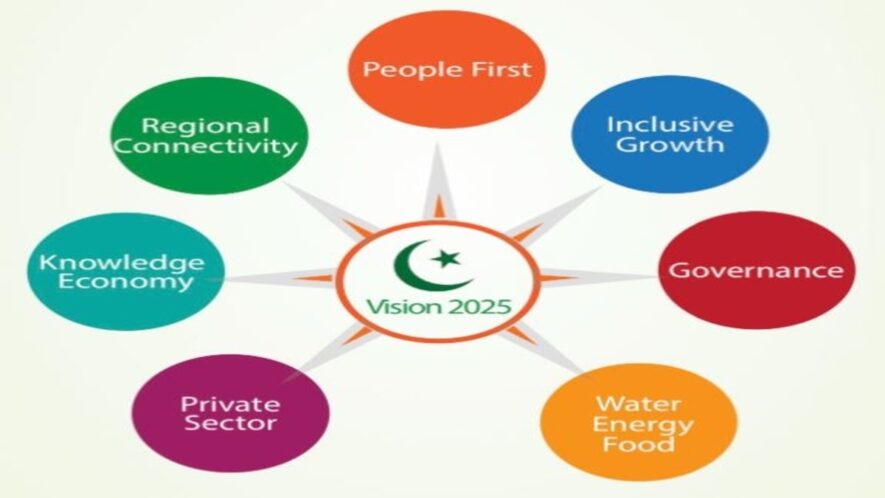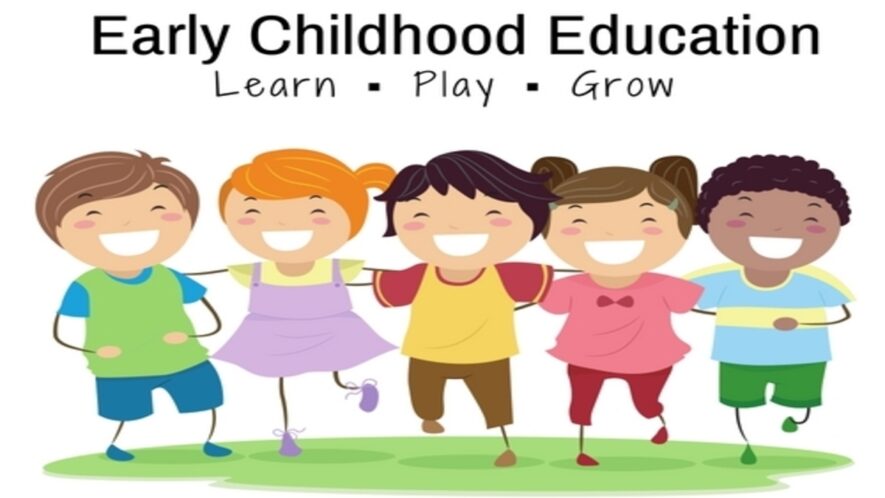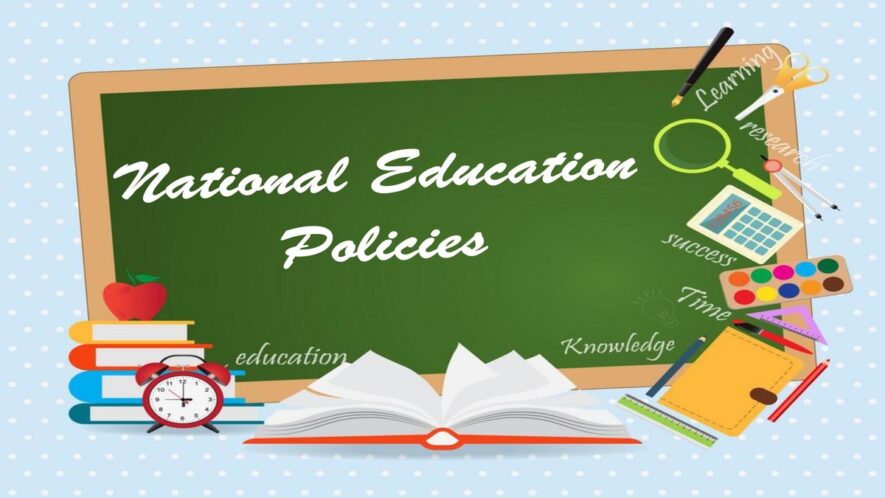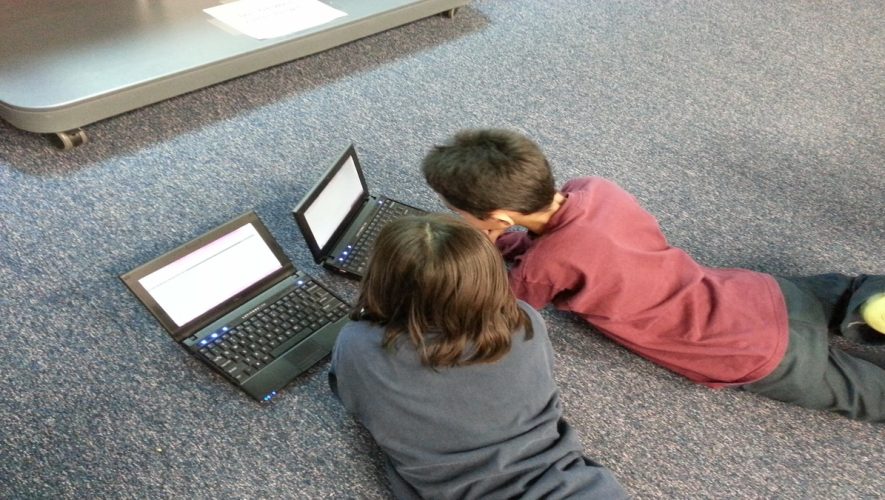
Pillars of Pakistan Vision 2025
Pakistan Vision 2025 is designed to represent an aspirational destination. It will serve as a critical guide-post for the development of an effective strategy and road-map to reach our national goals and aspirations. It is not meant to represent the resultant strategy and program itself. The Vision will be realized through strategies and programs defined […]









